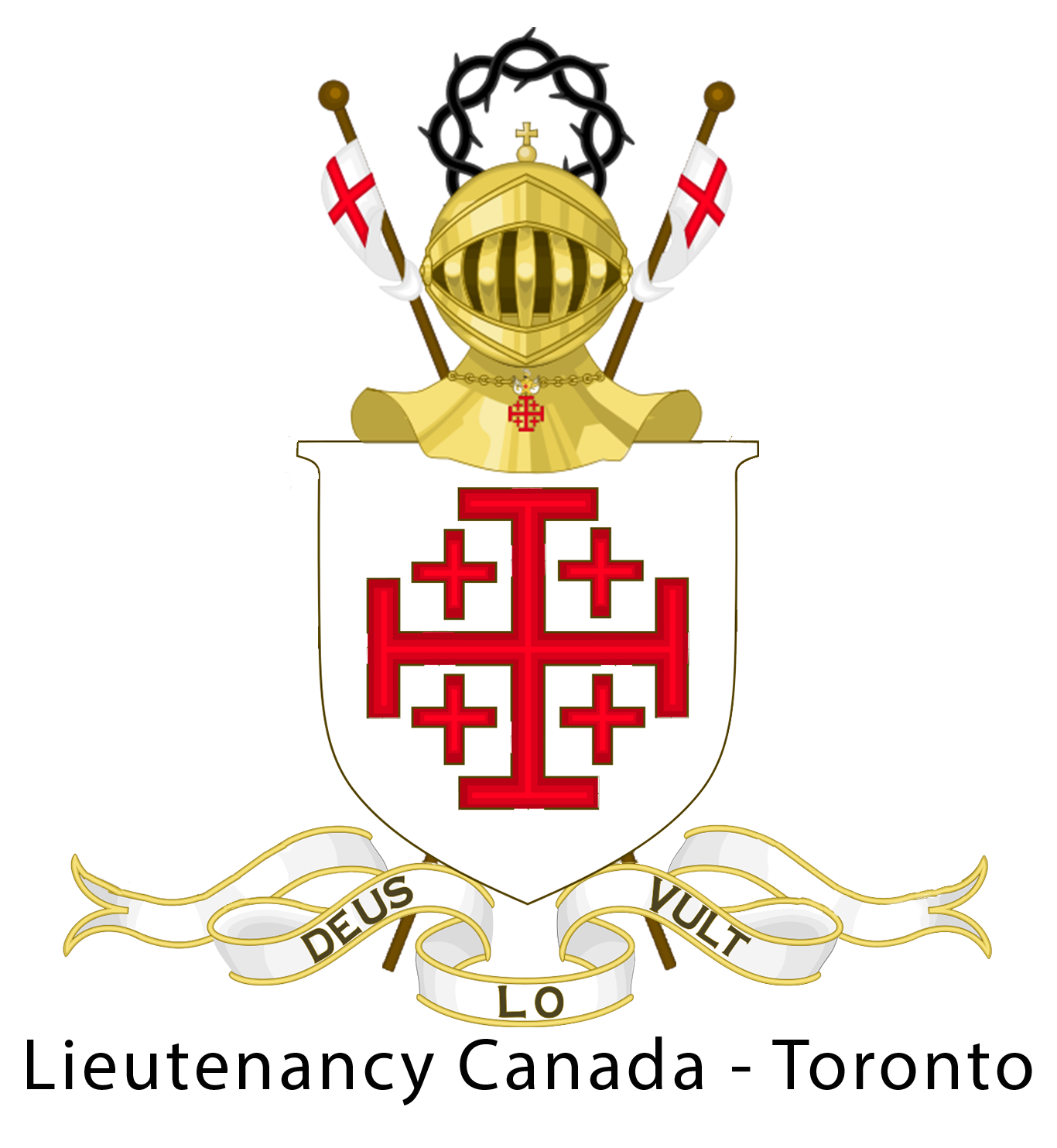Opinion: For Mideast Christians, this is not 'the most wonderful time of the year'
At Hannukah, Jewish Canadians are celebrating the Jewish victory over the Hellenistic Seleucid Empire in the 2nd century BCE, which could be seen as the first recorded war for religious and national freedom.
But for Christians in the Middle East, this Christmas season is not “the most wonderful time of the year” that Canadians take for granted.
The region where Jesus was born, preached, died and, according to the Christian faith, rose from the dead, is being cleansed of Christians after two millennia of faithful presence.
And we in the West seem indifferent to this inexorable catastrophe.
The only country in the region that has a growing Christian community is Israel, where the Christian population grew by 1.4 per cent in 2020. There Christians benefit from the only functioning democracy in the Middle East where their religious freedom is guaranteed. In a December 2021 report by Israel’s Central Bureau of Statistics, 84 per cent of those Christians surveyed indicated they were satisfied with life in Israel.
Meanwhile, in other Middle Eastern countries we have witnessed over the past decade the decimation of communities that are 2,000 years old. Yet, our ignorance and perhaps our indifference leaves us silent.
We have witnessed the decimation of communities that are 2,000 years old
In Syria in 2011, there were 1.7 million Christians. Today there are fewer than 450,000. In Aleppo alone, the Christian population has shrunk from 360,000 in 2012 to 25,000 today. In Iraq in 2003, there were 1.5 million Christians. Today there are under 120,000. The vast majority of these Christians are members of indigenous communities of Assyrians and Suryani. The same is true of the persecuted Coptic Orthodox Christians of Egypt who, as Copts, comprise an indigenous community stemming from the ancient Pharaonic civilization. Even the town where Jesus was born, Bethlehem, is not immune to this tragedy. In the past 100 years, it saw its Christian percentage of the population fall from 84 per cent to 28 per cent in 2007. In the West Bank and Gaza, the Christian percentage of the population has plummeted from 11 per cent in 1922 to one per cent in 2017.
In Constantinople, now known as Istanbul, the Church of the Holy Wisdom (Hagia Sophia), which was the seat of Eastern Orthodoxy for over 1,000 years, stands as a reminder of persecutions past and present. In 2020, it was turned again into a mosque by Turkey’s autocratic and Islamist President Recep Tayyip Erdogan after having been a museum for almost a century. Could one even think of a stronger way to send the message that these Christians do not belong in their ancestral lands?
Canadians, who profess a deep commitment to human rights here and around the world, should strongly support Middle Eastern Christians’ right to live in peace and security as affirmed by Article 18 of the Universal Declaration of Human Rights: “Everyone has the right to freedom of thought, conscience and religion; this right includes freedom to change his religion or belief, and freedom, either alone or in community with others and in public or private, to manifest his religion or belief in teaching, practice, worship and observance.”
